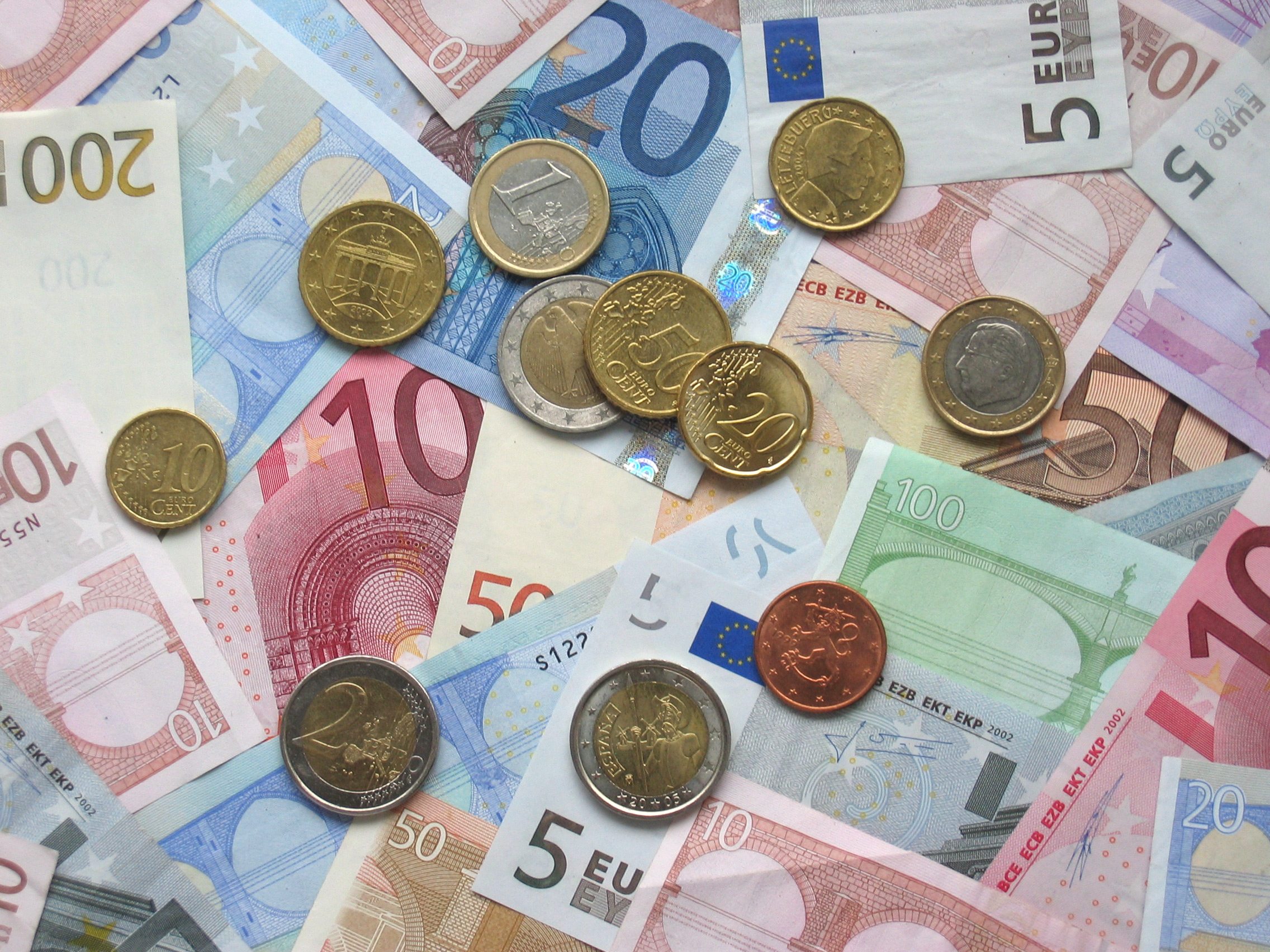The European single currency, euro, on Wednesday, dipped below $1.20 , as investors expressed concern that a rally that has seen the single currency gain almost 14 percent since the start of the year might be running out of steam.
The dollar was broadly higher, recovering from a four-month low against the yen JPY=, as investors’ worries over North Korea’s latest missile test eased, boosting appetite for riskier assets.
The Japanese yen JPY= and Swiss franc CHF= – traditionally sought at times of political or financial uncertainty – had both surged on Tuesday, with the franc hitting its strongest against the dollar in two years CHF=.
North Korea’s launch of a ballistic missile over Japan’s northern island of Hokkaido had been the primary cause for a risk-off mood across markets on Tuesday, triggering a drop in U.S. bond yields and dragging down the dollar index – which measures the greenback against a basket of six currencies – to a 2-1/2-year low.
The euro had benefited from the dollar’s weakness, hitting a 2-1/2-year high of $1.2070 EUR= on Tuesday, having already been boosted late last week by European Central Bank chief Mario Draghi’s failure to mention the euro’s strength at a policy meeting in Jackson Hole, Wyoming.
But investors still reckon that Draghi is concerned by the euro’s strength. The single currency was more than a cent below Tuesday’s high, at $1.19.
“The market is concerned about (Draghi) feeling more and more uneasy with the current euro levels. The fear about Draghi’s possible future comments on the euro is what made the move above $1.20 unsustainable,” said Commerzbank currency strategist Ulrich Leuchtmann, in Frankfurt.
The dollar index was up 0.3 percent by 1035 GMT on Wednesday. Against the yen it traded up 0.1 percent at 109.85 yen, having hit a low of 108.265 yen the previous day.
Some investors said risk appetite had been helped by the response to the North Korean missile test from the U.S. administration. President Donald Trump made a statement saying that the world had received the country’s message “loud and clear” and that all options were on the table.
Investors are also gauging the potential economic fallout of Tropical Storm Harvey, which brought catastrophic flooding to Texas this week and shut down nearly a fifth of the U.S’s crude oil refining capacity, Reuters reports.












